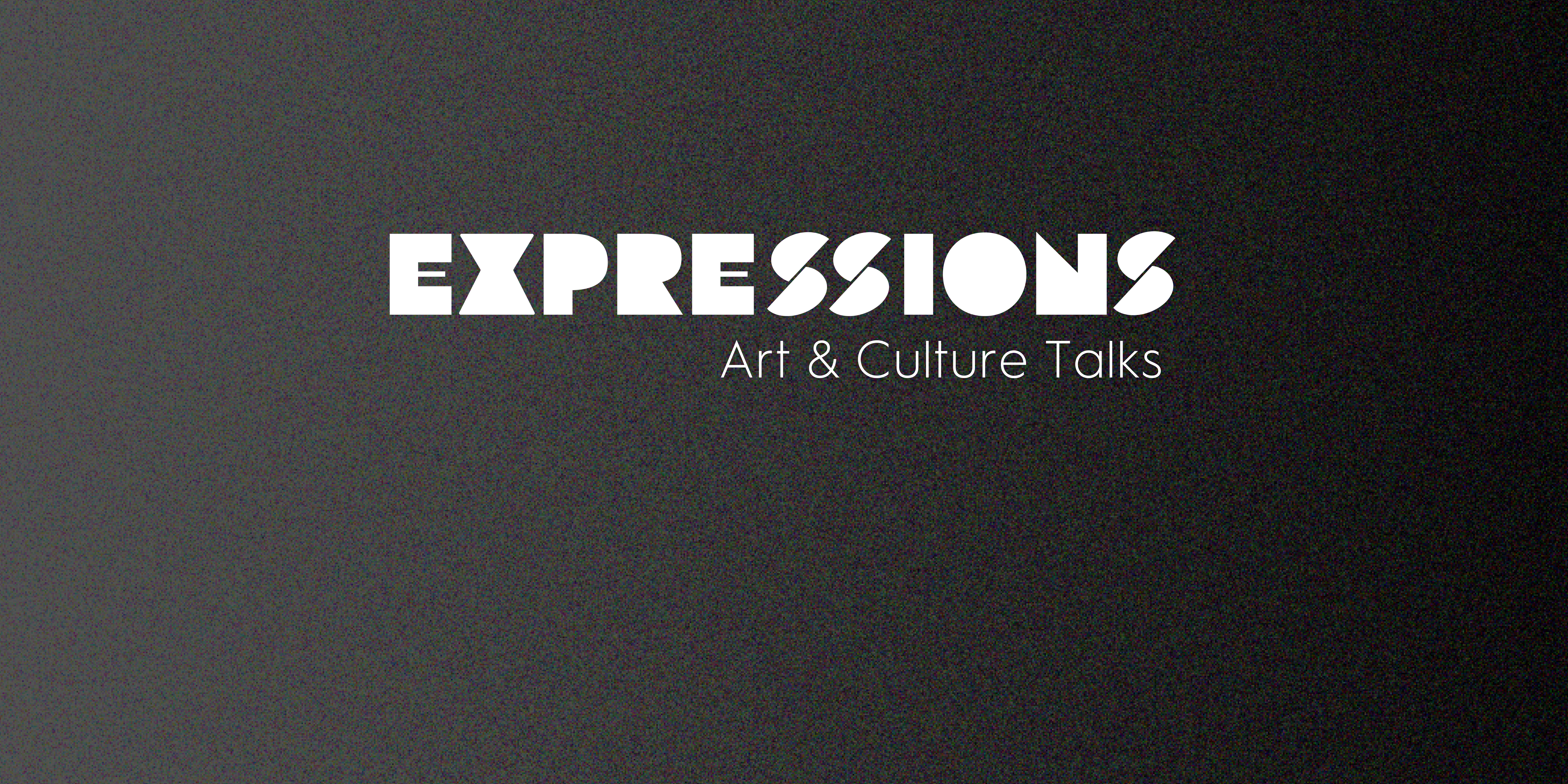“Arab Cinema Then & Now”
When we think of the film industry, our minds tend to conjure up images of the Hollywood sign, palm trees, and famous movie stars – not the cities and desert landscapes of the Middle East. But over the course of the past century, filmmaking in the region has gained global recognition and popularity. Arab films have won accolades at some of the most prestigious film awards, such as the Cannes Film Festival and the Oscars, introducing many in the West to the genre of Arab cinema.
In the most recent episode of QAIC’s Expressions Art & Culture Talks series, “Arab Cinema Then & Now,” QAIC Executive Director Fatima Al-Dosari sat down with Egyptian writer and director Farida Zahran to consider Arab cinema’s rich history, as well as its future trajectory. Now a film student at New York University, Zahran also discussed her background working for the Doha Film Institute (DFI) and her own experience as a filmmaker.
Zahran explained that because many early Arab films relied on funding from European production companies, these films often reflected Western stereotypes surrounding the region. With the emergence of independent “indie” filmmaking in recent years, however, young Arab filmmakers are now able to tell more authentic stories about life in the Arab world. Their films address important topics such as colonialism, religion, and modernity, and are branching out to explore different genres, like satire and comedy.
Another emerging trend in the Arab film industry is the growing number of female filmmakers, particularly in Qatar. “[Qatar] is probably one of the few places where there are more women than men in filmmaking,” remarked Zahran, thanks in part to DFI’s presence in the country. These female filmmakers have shared their own perspectives on the big screen, adding their voices to both Arab cinema and the global film industry.
To hear more about the development of Arab cinema and Zahran’s work, check out the full discussion below.

